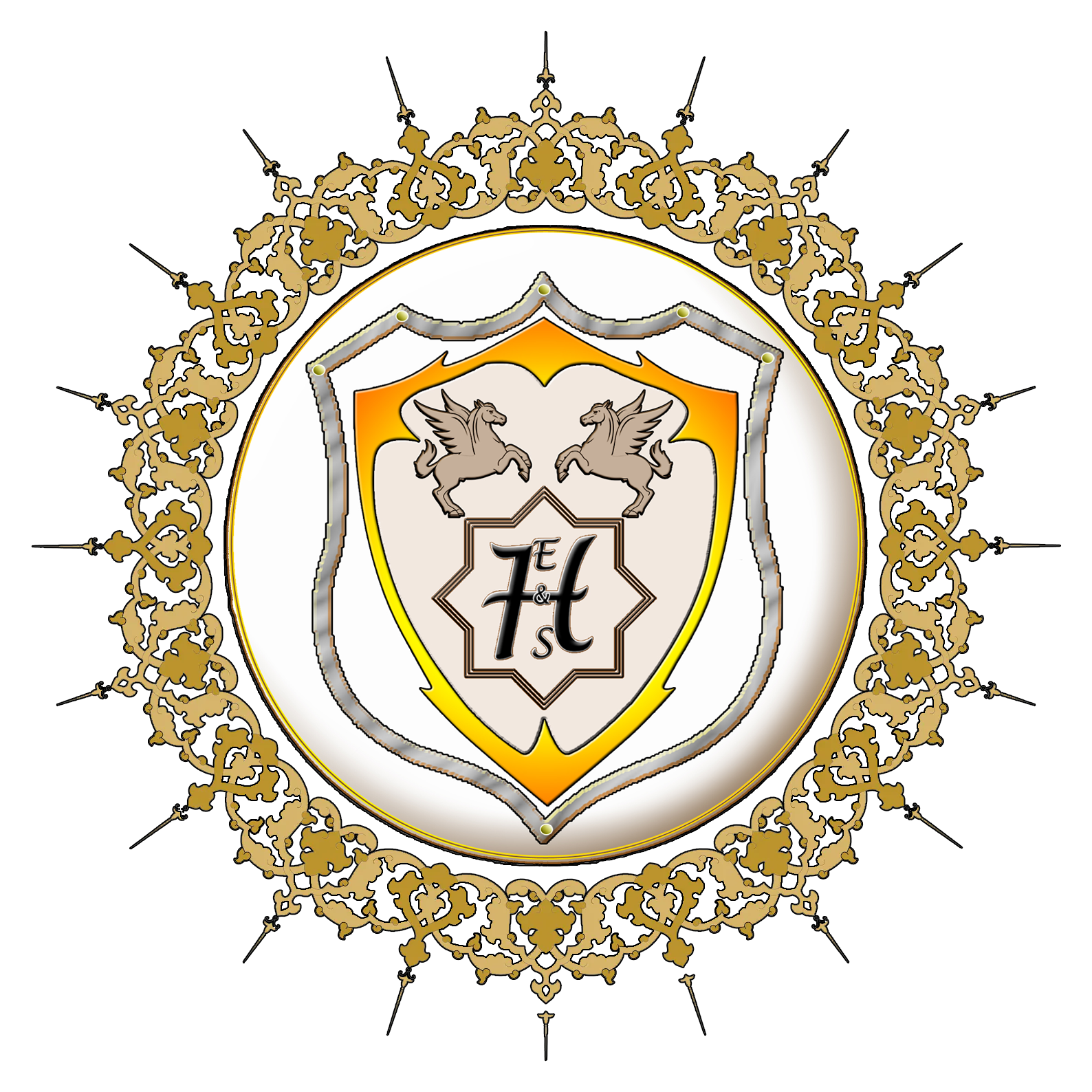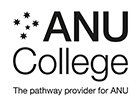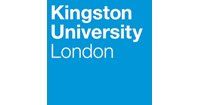
TQM and innovation in Performing Daily Operations
Course ID: 2512297101452EGI
Course Dates : 29/12/25 Course Duration : 5 Studying Day/s Course Location: Dubai, UAE
Language: Bilingual
Course Category: Professional and CPD Training Programs
Course Subcategories: Operations and Process Excellence
Course Certified By: * Projacs Academy
* Professional Training and CPD Programs
Certification Will Be Issued From :
KSA
Course Fees: £2,958.13
Vat Not Included in the price. VAT may vary depending on the country where the course or workshop is held.
Click to Pay
Contact us for more information Sales@e-s-hub.com
Course Information
Introduction
Total Quality Management (TQM) has long been a cornerstone of operational excellence, emphasizing continuous improvement, customer satisfaction, and employee engagement. However, the integration of innovation into daily operations represents a transformative shift that aligns with the demands of modern industries. Organizations today face unprecedented challenges, from rapidly evolving technologies to shifting consumer expectations, necessitating a strategic approach to quality management that incorporates creativity and adaptability. This course bridges the gap between traditional TQM principles and innovative practices, empowering participants to enhance operational efficiency while fostering a culture of innovation.
One of the primary challenges organizations encounter is the misalignment between quality initiatives and innovation strategies. Many businesses implement TQM frameworks but fail to integrate innovative thinking into their processes, resulting in stagnation or missed opportunities. For instance, Toyota’s renowned Production System is often cited as a model of TQM success, yet its real strength lies in its ability to blend rigorous quality standards with continuous experimentation. By addressing this disconnect, the course equips participants with tools to harmonize these two critical components, ensuring sustainable growth and competitive advantage.
The benefits of mastering TQM and innovation are multifaceted, impacting both individuals and organizations. On an individual level, professionals gain a deeper understanding of process optimization and creative problem-solving, enhancing their leadership capabilities and career prospects. For organizations, the integration of TQM and innovation leads to improved productivity, reduced costs, and enhanced customer loyalty. A case in point is Amazon, which leverages data-driven quality management alongside cutting-edge innovations to streamline logistics and personalize customer experiences.
Drawing on established theories such as Deming’s 14 Points for Management and Christensen’s Disruptive Innovation Model, the course provides a robust theoretical foundation. These frameworks are complemented by contemporary industry trends, such as the rise of Industry 4.0 technologies and agile methodologies, which underscore the importance of adaptability in achieving operational excellence. Participants will explore how digital transformation can be seamlessly integrated into TQM practices, creating synergies that drive value across the organization.
Real-world examples further illustrate the practical applications of the course material. Consider the healthcare sector, where Cleveland Clinic implemented TQM principles alongside innovative telemedicine solutions to improve patient outcomes during the pandemic. Similarly, manufacturing firms like Siemens have adopted smart factories powered by IoT and AI, combining quality assurance with technological advancements to optimize production. These examples highlight the versatility of TQM and innovation across diverse industries.
Ultimately, this course addresses the pressing need for professionals who can navigate the complexities of modern operations. By blending timeless quality management principles with forward-thinking innovation strategies, participants will emerge equipped to lead transformative change within their organizations. Whether you are seeking to refine existing processes or pioneer new approaches, this program offers the insights and tools necessary to excel in today’s dynamic business environment.
Objectives
By attending this course, participants will be able to:
Analyze the core principles of Total Quality Management and their relevance to contemporary operational challenges.
Evaluate the role of innovation in enhancing process efficiency and customer satisfaction.
Design tailored strategies to integrate TQM and innovation within specific organizational contexts.
Implement data-driven decision-making techniques to identify areas for improvement and innovation.
Apply agile methodologies to foster a culture of continuous learning and adaptation.
Assess the impact of emerging technologies, such as AI and IoT, on quality management practices.
Synthesize best practices from case studies to develop actionable plans for operational transformation.
Who Should Attend?
This course is ideal for:
Operations managers, team leaders, and quality assurance professionals seeking to enhance their expertise in TQM and innovation.
Consultants and business analysts tasked with improving organizational performance through strategic interventions.
Entrepreneurs and startup founders aiming to embed quality and innovation into their operational DNA from the outset.
HR and training professionals responsible for fostering a culture of continuous improvement within their organizations.
These groups will find the course valuable as it directly addresses the need to balance quality management with creative problem-solving, enabling them to drive measurable results. While the content is accessible to beginners, intermediate learners with prior exposure to TQM concepts will benefit most from the advanced applications discussed.
Training Method
• Pre-assessment
• Live group instruction
• Use of real-world examples, case studies and exercises
• Interactive participation and discussion
• Power point presentation, LCD and flip chart
• Group activities and tests
• Each participant receives a 7” Tablet containing a copy of the presentation, slides and handouts
• Post-assessment
Program Support
This program is supported by:
* Interactive discussions
* Role-play
* Case studies and highlight the techniques available to the participants.
Daily Agenda
The course agenda will be as follows:
• Technical Session 08.30-10.00 am
• Coffee Break 10.00-10.15 am
• Technical Session 10.15-12.15 noon
• Coffee Break 12.15-12.45 pm
• Technical Session 12.45-02.30 pm
• Course Ends 02.30 pm
Course Outlines
Foundations of TQM and Innovation
Overview of Total Quality Management principles and historical evolution.
Key elements of innovation in operational contexts.
Understanding the interplay between quality and creativity.
Case study analysis: Success stories in TQM implementation.
Day 2:
Tools and Techniques for Process Optimization
Introduction to Lean Six Sigma methodologies.
Root cause analysis and problem-solving frameworks.
Role of data analytics in identifying inefficiencies.
Hands-on workshop: Mapping and optimizing workflows.
Day 3:
Integrating Innovation into Daily Operations
Exploring disruptive innovation and its implications for TQM.
Design thinking as a tool for fostering innovation.
Leveraging technology for process enhancement (e.g., AI, IoT).
Group activity: Developing an innovation roadmap.
Day 4:
Building a Culture of Continuous Improvement
Leadership strategies for promoting quality and innovation.
Employee engagement and empowerment in TQM initiatives.
Change management frameworks for overcoming resistance.
Real-world example: Transforming organizational culture at Google.
Day 5:
Measuring Impact and Sustaining Success
Metrics and KPIs for evaluating TQM and innovation efforts.
Aligning quality goals with broader business objectives.
Risk mitigation strategies for sustaining improvements.
Final project presentation: Action plan for organizational transformation.



















































